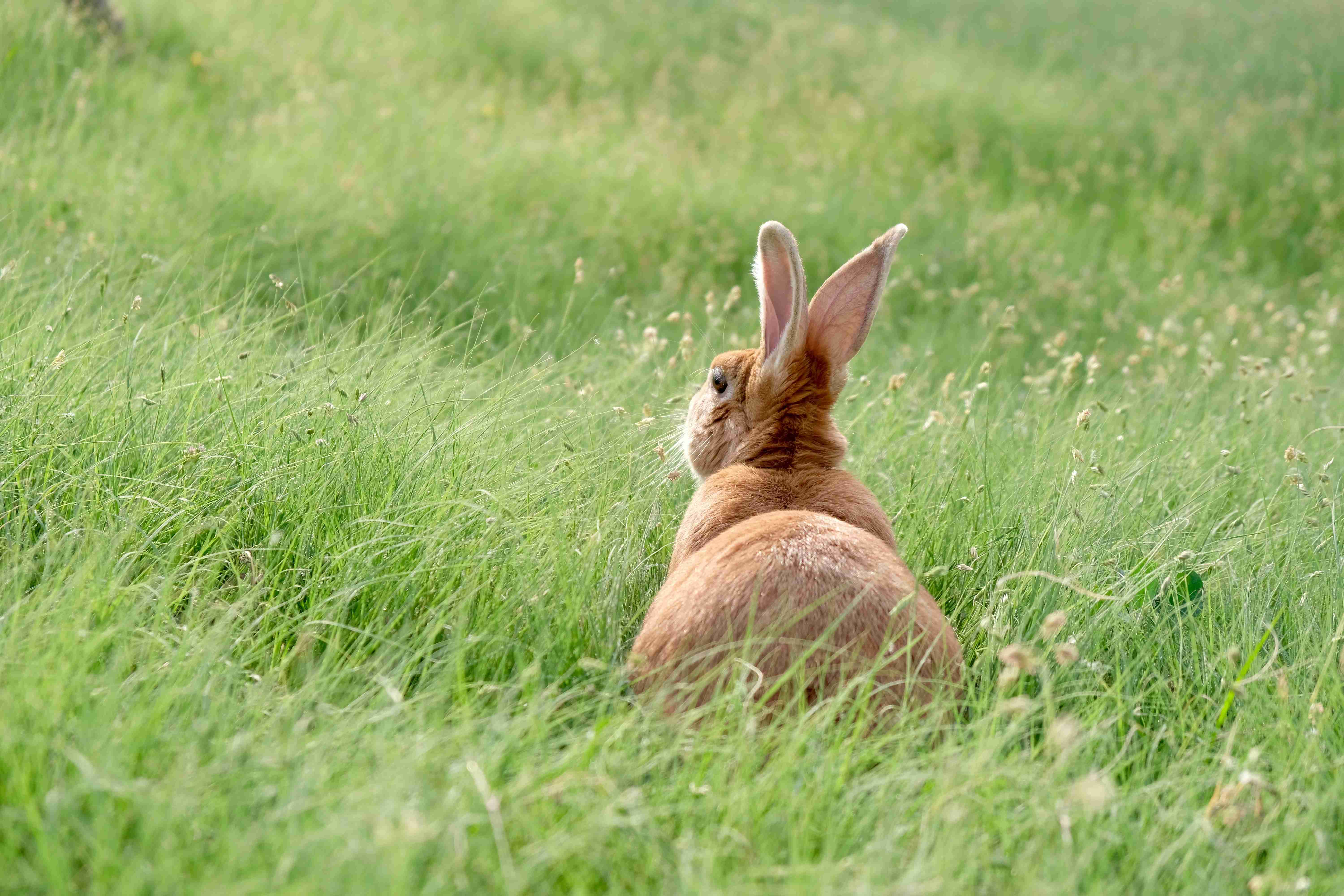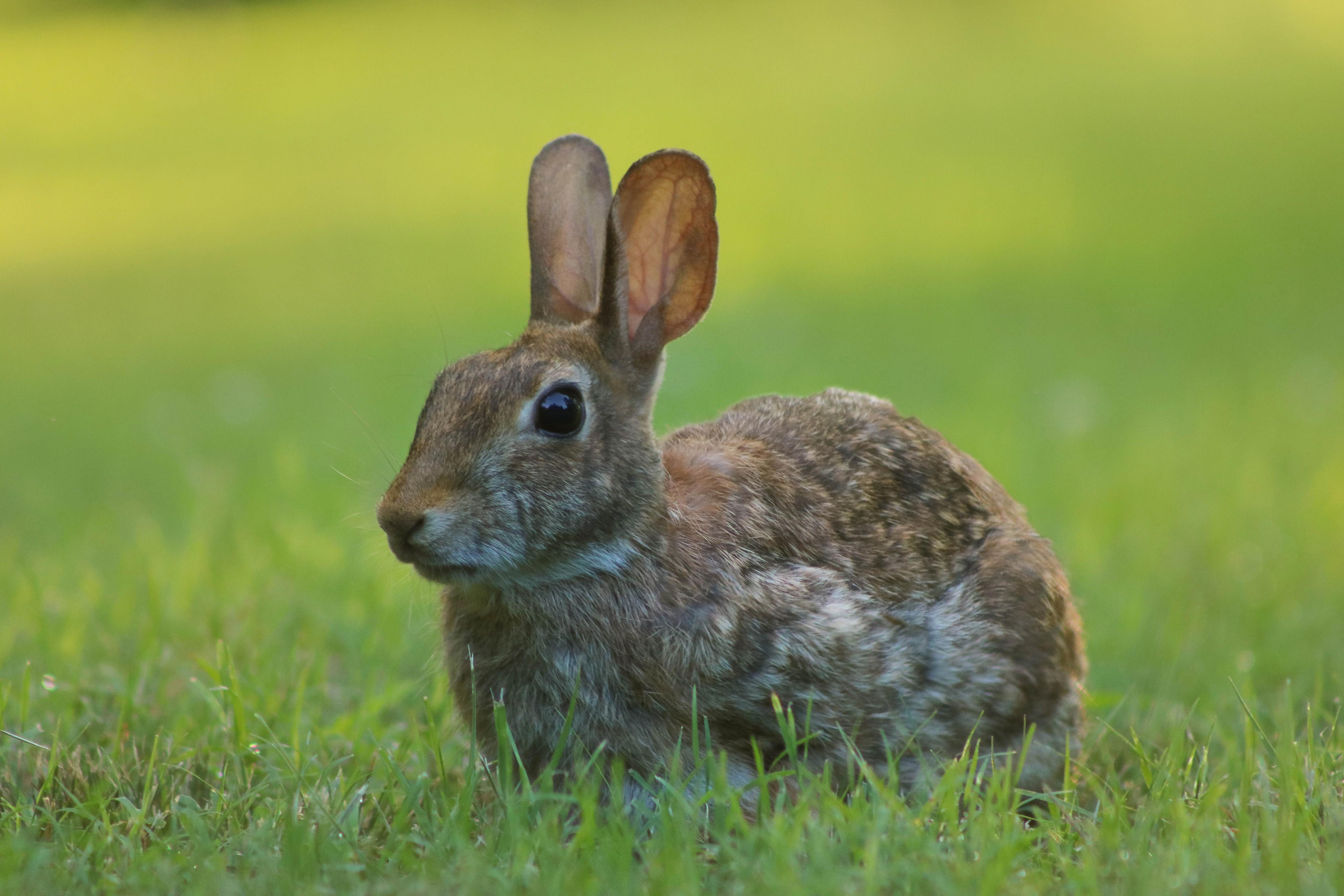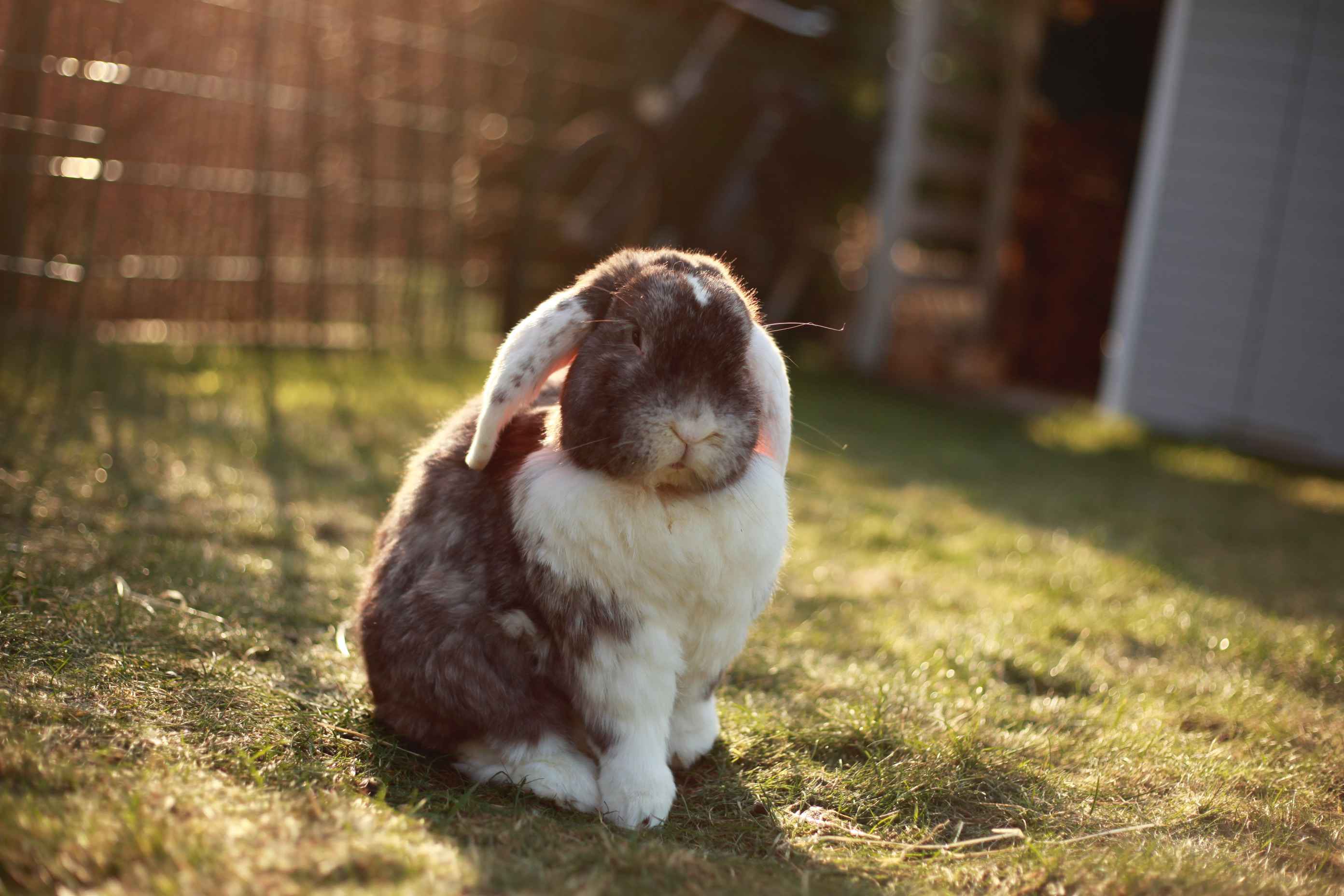Having a pet rabbit can be joyous and rewarding! But with that comes the responsibility of ensuring your beloved bunny is receiving a healthy diet. Nutrition is essential for any animal, but especially for rabbits, whose digestive systems are sensitive and require a specific diet to maintain optimum health. In this blog post, we’ll provide a complete guide to feeding your pet rabbit so you can give your furry friend the best diet possible!
Feeding your pet rabbit is a vital part of being a responsible rabbit owner. A healthy diet for a rabbit is a key factor in its overall health and happiness. As with all animals, the right diet is essential for keeping your rabbit healthy and happy.
Rabbits are strictly herbivores, and they need a diet that is high in fiber and low in sugar, fat, and protein. A good diet for a pet rabbit should include fresh hay, fresh vegetables, and a commercial rabbit pellet.
Hay:
Hay is the most important part of a rabbit’s diet and should make up the bulk of it. Fresh hay should be available to your rabbit at all times. Hay provides essential roughage to keep your rabbit’s digestive system healthy, as well as important vitamins and minerals. The best hay for a rabbit is Timothy hay, which is high in fiber and low in sugar and fat.
Vegetables:
Vegetables should make up the second-largest portion of a rabbit’s diet. Feed your rabbit a variety of fresh vegetables, such as carrots, broccoli, cauliflower, spinach, kale, and other leafy greens. Be sure to wash all vegetables before feeding them to your rabbit.
Commercial Rabbit Pellets:
Rabbit pellets are specially formulated to provide your rabbit with the essential nutrients it needs. Look for pellets that are high in fiber and low in sugar, fat, and protein. Avoid pellets that contain added sugars or sweeteners.
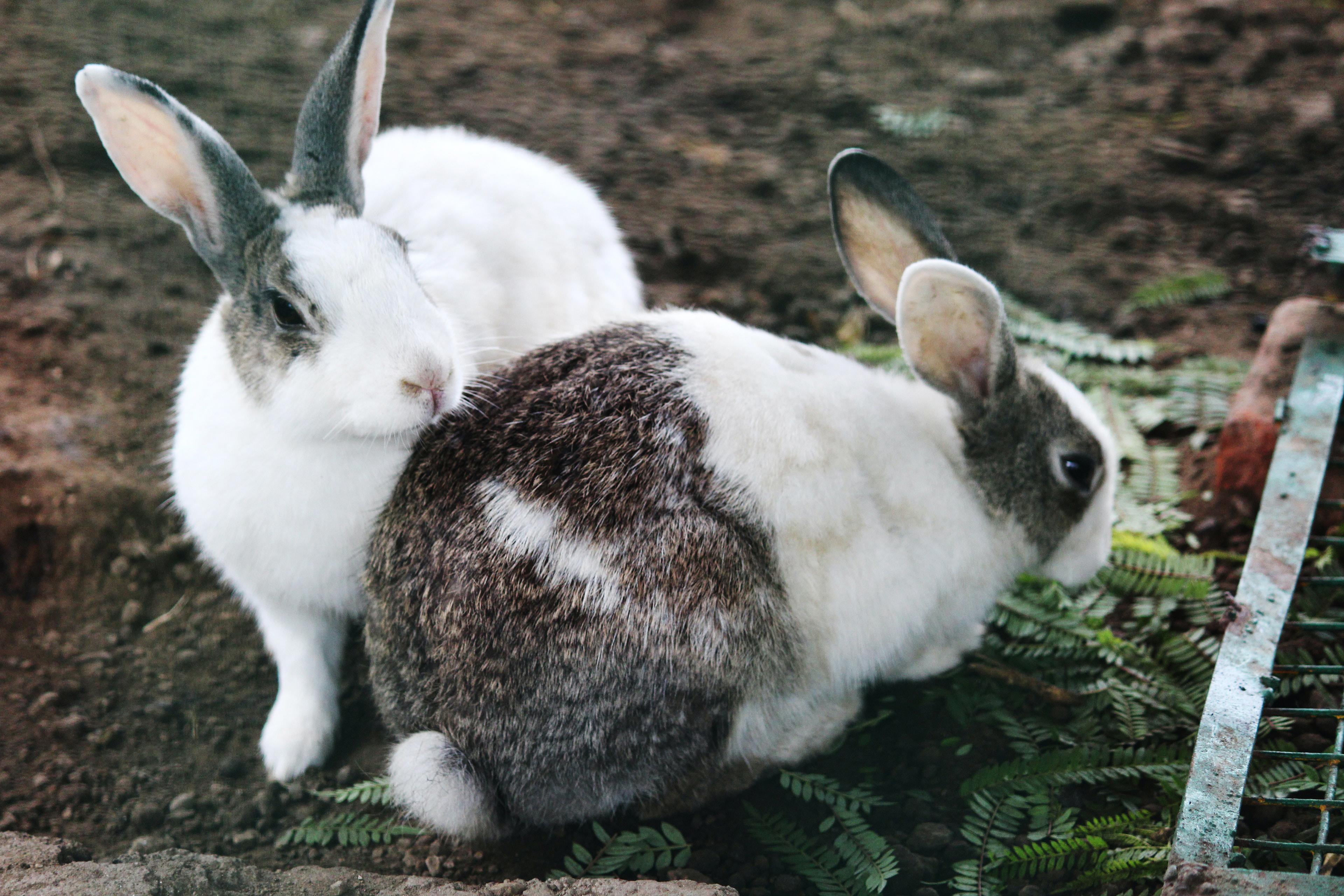
Treats:
Treats should be given in moderation, as they are usually high in fat and sugar. Examples of healthy treats for rabbits include fresh or dried fruits, vegetables, and herbs.
Water:
Clean, fresh water should be available to your rabbit at all times. Change the water daily and keep the water dish clean.
Fruits and Grains:
Fruits and grains should be fed to your rabbit sparingly, as they are high in sugar and can lead to obesity.
Feeding Frequency:
A rabbit’s diet should be fed twice a day, once in the morning and once in the evening. Monitor your rabbit’s weight and adjust the amount of food accordingly.
By following these guidelines and providing your rabbit with a healthy diet, you can ensure that your pet rabbit stays healthy and happy for many years to come.
In conclusion, providing your pet rabbit with a healthy diet is essential for their wellbeing and longevity. It is important to understand the appropriate foods for rabbits and to create a balanced diet. With a combination of hay, fresh vegetables and fruits, and a daily portion of pellets, your rabbit will receive the necessary nutrients to live a healthy and happy life. Feeding your pet rabbit correctly is the best way to ensure they are getting the proper nutrition.


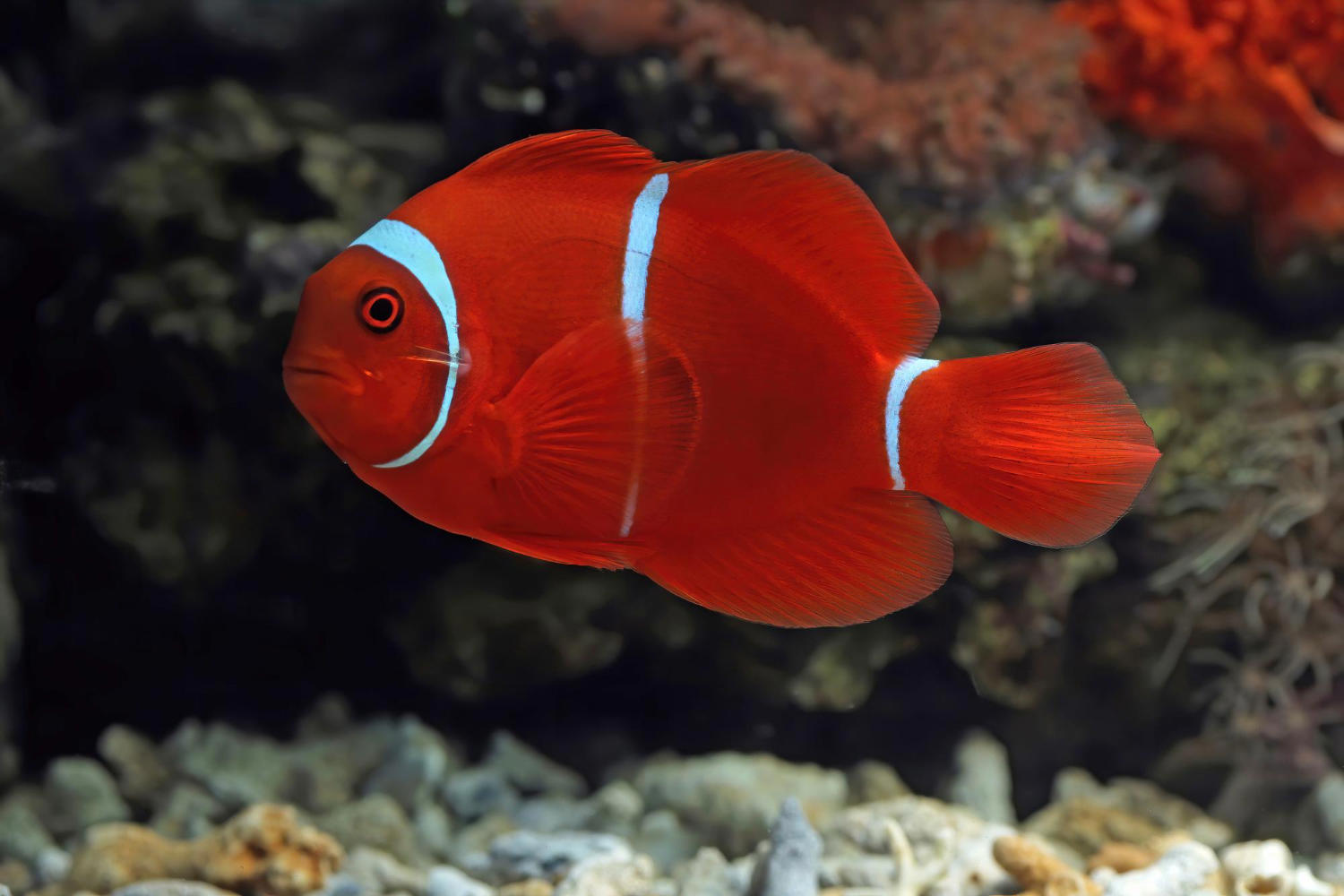
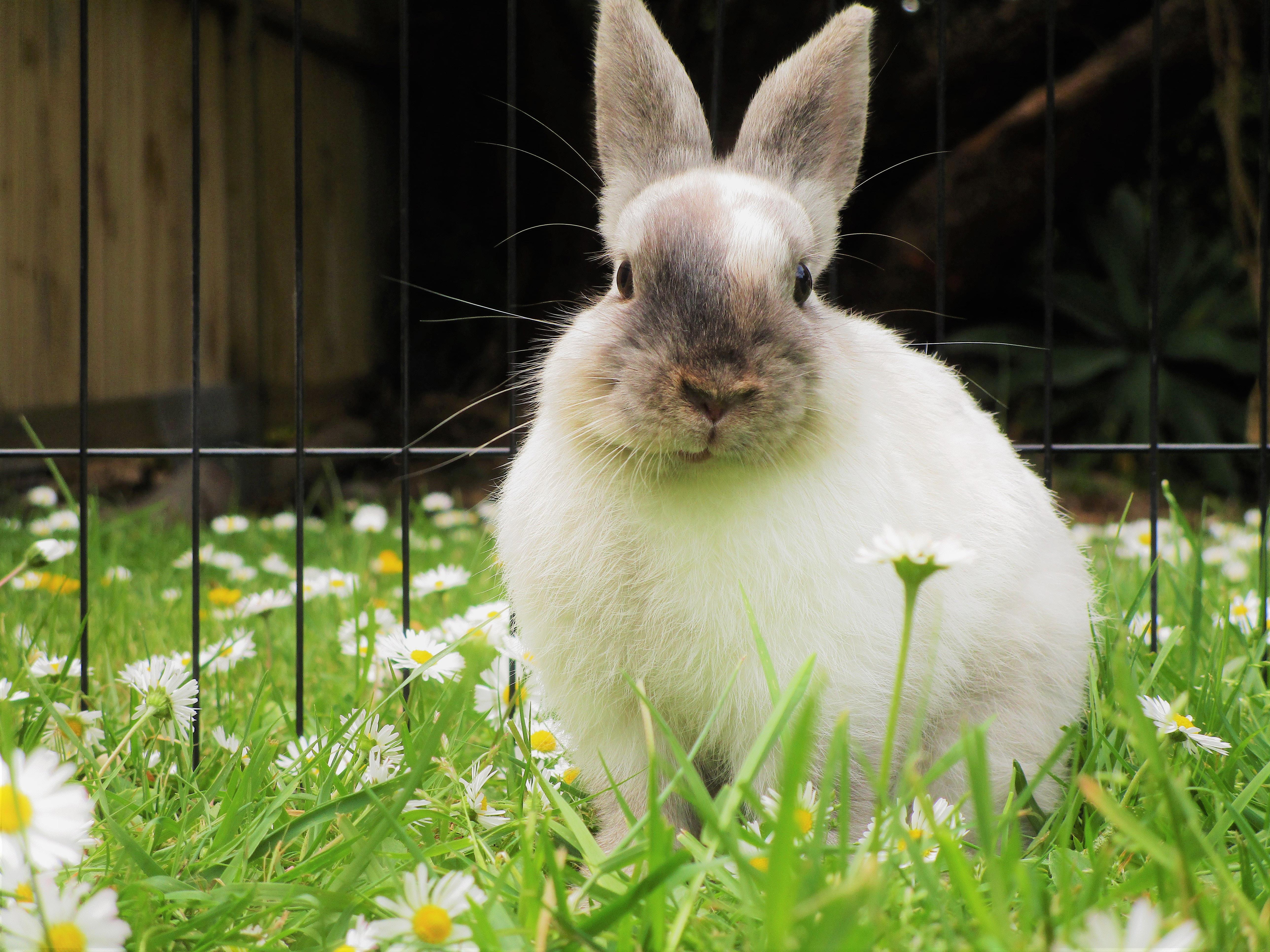
.jpg)
